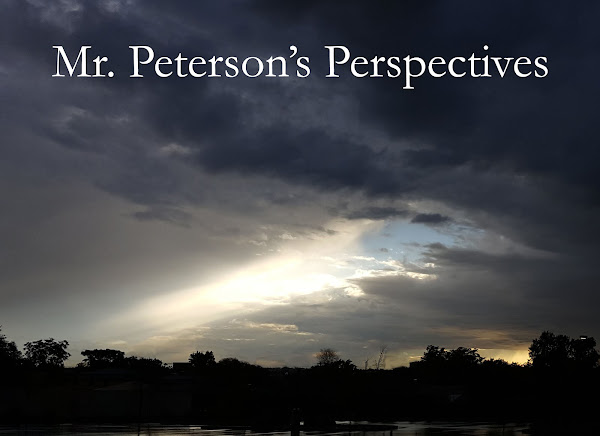The scorecards are in and the rankings are out on who is conservative and who is not. First Place awards go to my friend Marc Roberts from Santaquin. The Kaboose Award goes to my friend Mark Wheatley who keeps trying but just can't seem to get the votes right to improve his conservative rating. We will be holding some remedial training to help him over the interim.
Meanwhile, as the Trib reports, the rest of us appear to occupy this room temperature middle ground. Are we all milktoast? Or thoughtful managers of the people's business? I guess it depends on your perspective.
As always, if you want to know where I stand on an issue, all you have to do is ask. You can CONTACT ME, anytime.
Wednesday, May 29, 2013
Tuesday, May 28, 2013
Education Funding Riddle Solved: Double Your Taxes
The Education Task Force met recently to discuss education funding and Utah's inglorious distinction of having the lowest per pupil funding in the Union. (Click HERE to listen to that portion of the meeting.) Many critics have cited Utah's bottom ranking as a result of misguided legislative priorities.
So, in an effort to survey the budgetary landscape and ascertain the facts on the matter, Jonathan Ball of the Legislative Fiscal Analyst (LFA) Office went to work determining what would be needed to bring Utah into the mainstream of per pupil education funding. The numbers are shocking.
Before we get started though, it is important to know where money for education funding comes from. While most know that a large portion of property taxes pay for local schools, few people know that every dime of Utah income taxes go toward education. While local property taxes are set at the local level, income taxes are governed by the Legislature. So what would your Legislature need to do to income taxes to boost education funding?
If Utah wanted to increase its current spending ($6,200 per pupil per year) to that of the national average ($10,500 per pupil per year) it would mean the State would need to increase total education spending by $2.6 Billion. To raise that money, your income taxes would need to nearly double to 9.8%. Of course, you would still need to pay your Federal tax obligation in addition to that.
For fun, the LFA ran the scenario of what Utah's income tax rate would need to be to compete with the U.S.'s biggest spender on Education, the District of Columbia. With $29,400 being spent per pupil per year, that is a tough bar to reach. To do so, Utah would need to raise $8 Billion in revenue. Keep in mind when I say revenue, that means taxes...on you. Your income taxes would need to rise to 19.8%, or quadruple from today's rates, to meet the high bar set by the good people of the District of Columbia.
Utah runs on a lean budget. We make do without many of the institutional luxuries that other states afford themselves. The upside, broadly speaking, is that we have kept taxes low and government out of people's lives. Do Utahn's want an increase in their income taxes? The only public outcry I have heard for increasing taxes was in a meeting of irate parents and retired teachers who were protesting Ogden School District's decision to layoff the district's librarians to make up for a $2.7 million budget shortfall. Yet, this same group also demanded LARGER class sizes to help make up the funding gap. At that point the discussion ran off the rails and I knew this gathering was more of a mob tar-and-feather rally than a civil townhall meeting.
So what personal income would the rational taxpayer be willing to sacrifice to increase education funding? I don't know. My hunch is that an even larger and more angry crowd would be at the Legislature's doorstep if we increased taxes on the order discussed at the Education Task force meeting.
Thursday, May 23, 2013
IMPEACHMENT 101: A User's Guide
Ever wanted to impeach someone? Well, if you have, learning how to do it may be difficult. Fortunately, Utah's Office of Legislative Research and General Council has provided a handy cheat sheet for those looking for a Do-It-Yourself guide.
So there you have it. I know that the quality of DIY work by the inexperienced is often inferior. So, it may be wise to practice a few times on some inconsequential state officer like State Dog Catcher, etc., before taking on a higher one. In any case, this flowchart will come in handy if the State Legislature ever needs to use it. Thank you OLRGC.
Subscribe to:
Posts (Atom)




